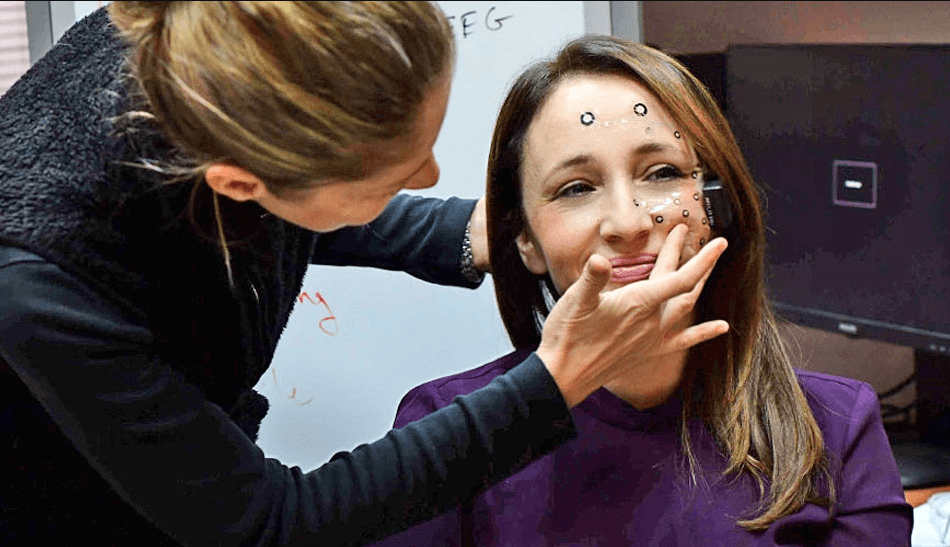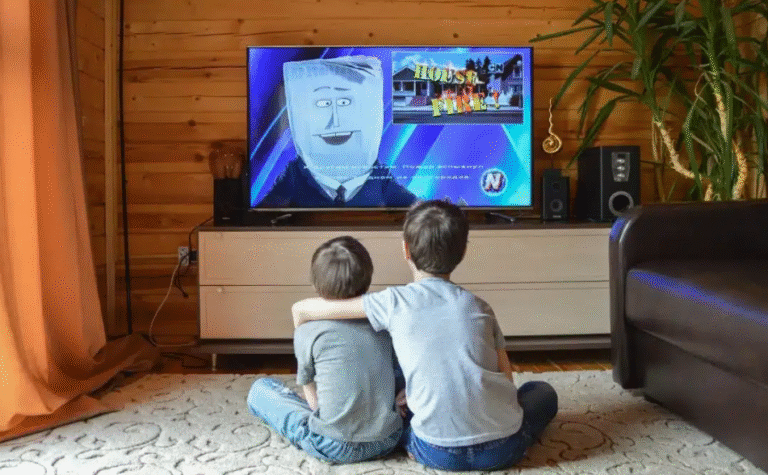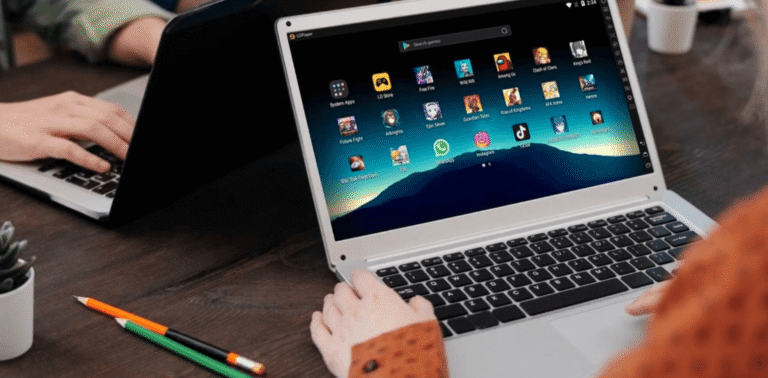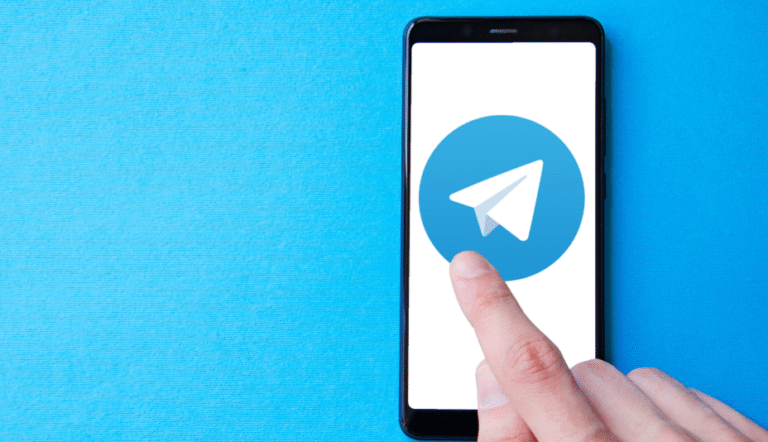The Use of Polygraph Tests in Utah: Understanding the Role of Lie Detectors
Introduction to Polygraph Tests
Polygraph tests, cThe Use of Polygraph Tests in Utah: Understanding the Role of Lie Detectorsommonly known as lie detector tests, have long been a topic of both intrigue and controversy. A polygraph measures physiological responses such as heart rate, blood pressure, respiratory rate, and skin conductivity to determine whether a person is being deceptive when answering specific questions. The basic assumption is that when a person lies, they experience psychological stress that triggers involuntary physiological changes, which can be detected and recorded. While the use of polygraph tests spans multiple domains, including law enforcement, employment screenings, and criminal investigations, their acceptance and legal standing vary across jurisdictions. In Utah, polygraph testing has a unique position, with particular rules regarding its use in both the legal and private sectors.
Legal Framework of Polygraph Use in Utah
In Utah, the application of polygraph tests is influenced by both state laws and broader federal regulations. Generally, Utah does not admit polygraph results as evidence in criminal trials unless both parties agree to it beforehand, which is a rare occurrence. Courts often remain skeptical of the reliability of polygraph testing due to debates over its scientific validity. However, law enforcement agencies in Utah may still use lie detector tests during the investigative process to gather more information, although the results are not necessarily considered definitive proof of guilt or innocence. Outside of the courtroom, polygraphs may also be used in probation or parole hearings to monitor compliance, In such instances, the test is treated as a tool rather than hard evidence, helping authorities to evaluate behavior and identify potential risks.
See also: 2025 Tech Trends That Will Shape the Next Decade
How Polygraph Tests Are Administered
A standard polygraph test in Utah typically involves a pre-test interview, the actual examination, and a post-test phase. During the pre-test phase, the examiner discusses the questions with the subject and ensures they understand the process. This phase is critical, as it sets the baseline for the physiological responses. The test itself involves asking a series of yes-or-no questions, some of which are relevant to the investigation and others that serve as control questions. The polygraph machine records the subject’s physiological responses as they answer. In the post-test phase, the examiner analyzes the charts and may conduct further questioning based on the results. It’s important to note that polygraph examiners in Utah must undergo professional training and certification, and many belong to recognized associations like the American Polygraph Association (APA), which sets ethical and procedural standards for the industry.
Applications Beyond Law Enforcement
In addition to its use in criminal justice, lie detector tests in Utah are often requested in private matters, such as resolving disputes in relationships or verifying statements in civil litigation. Some employers may also seek polygraph testing as part of pre-employment screening, particularly in high-security jobs. However, the federal Employee Polygraph Protection Act (EPPA) restricts most private employers from using polygraph tests for employment-related decisions, with some exceptions for government jobs or positions involving security and controlled substances. In Utah, as in the rest of the United States, individuals must give informed consent before taking a polygraph, and they retain the right to refuse the test without legal penalty in most scenarios.
Controversy and Reliability Concerns
Despite their popularity, polygraph tests remain controversial. Critics argue that the results can be influenced by a number of factors, including anxiety, nervousness, or even the skill of the examiner. Moreover, individuals trained in countermeasures may be able to manipulate their physiological responses to produce misleading results. In Utah, as elsewhere, these concerns limit the weight that courts and institutions are willing to give to polygraph results. Nonetheless, many people still see value in the process, especially when used as a supplementary tool rather than a standalone determinant of truth.
Location in Utah
- Ogden – 298 24th Street, Ogden, UT 84401
Conclusion
Polygraph or lie detector tests in Utah play a complex role in both the public and private sectors. While they are not typically admissible as evidence in court, they continue to be used in law enforcement investigations, probation monitoring, and various non-criminal contexts. With trained professionals administering the tests and established protocols in place, polygraphs can offer useful insights when interpreted cautiously. However, due to questions about their reliability and scientific foundation, they are best viewed as one part of a broader investigative or evaluative process rather than a definitive method of determining truth or deception.






